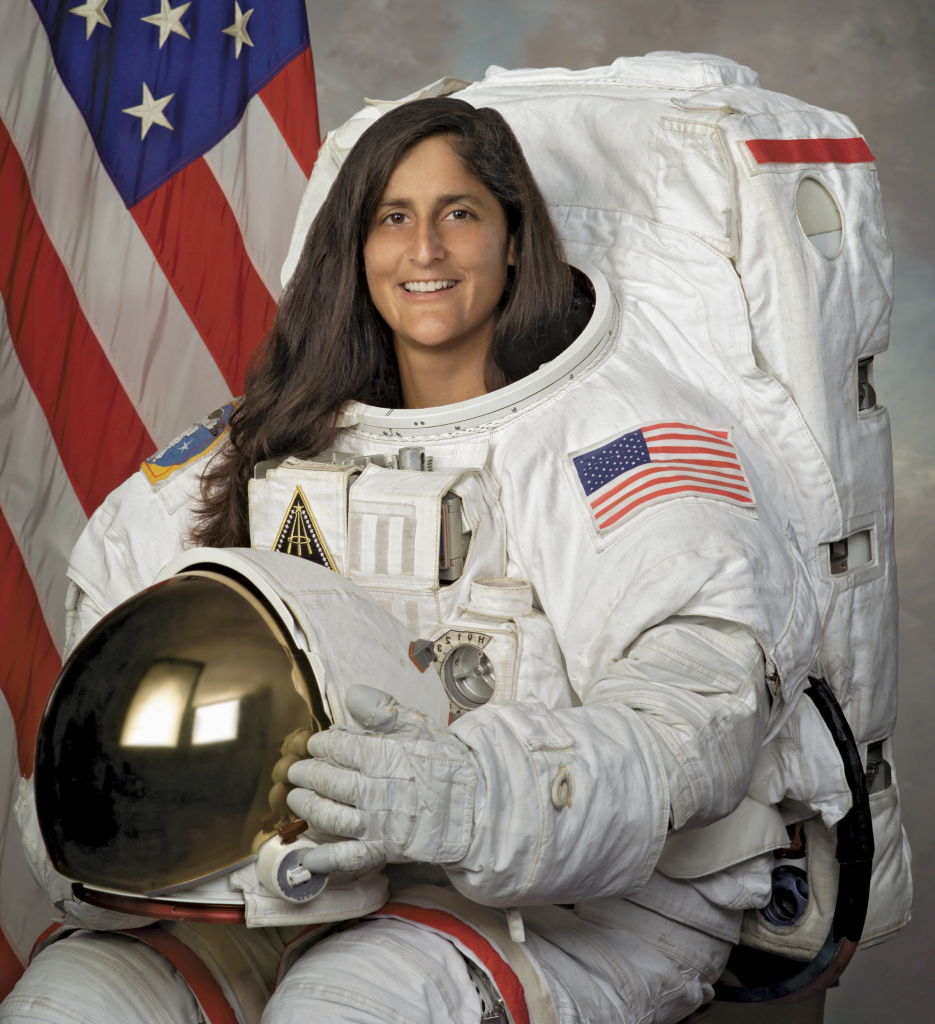Boeing’s Starliner spacecraft, carrying astronauts Sunita “Suni” Williams and Barry “Butch” Wilmore, took off from the Cape Canaveral Space Force Station in Florida on Wednesday for a test mission to the International Space Station.
Williams, 58, an Indian American astronaut, made history as the first woman to pilot a spacecraft on its maiden mission. This flight also marks her third journey into space.
Moments before liftoff, Williams radioed mission control with the message, “Let’s go, Calypso. Take us to space and back,” referring to the name of the Starliner capsule. The spacecraft is scheduled to reach the ISS around 9:45 PM Indian Standard Time (12:15 PM ET) on Thursday.
Williams’s mother, Bonnie Pandya, expressed her daughter’s excitement, telling NBC News hours before liftoff that Sunita was in good spirits and “so happy about going.”
NASA provided an update on Thursday morning, stating that both Williams and Butch Wilmore are diligently performing initial tests on the Starliner spacecraft in orbit. “The first six hours have been absolutely fascinating,” Butch, who took manual control of the spacecraft, told the mission center at NASA’s facility in Houston.
The Starliner’s successful mission, dubbed the Crew Flight Test, aims to certify the spacecraft for regular space travel to and from the ISS, a capability already achieved by Elon Musk’s SpaceX with its Crew Dragon capsule.
After a safe arrival at the space station, Wilmore and Williams will join the Expedition 71 crew, consisting of NASA astronauts Michael Barratt, Matt Dominick, Tracy C. Dyson, and Jeanette Epps, and Roscosmos cosmonauts Nikolai Chub, Alexander Grebenkin, and Oleg Kononenko.
“Two bold NASA astronauts are well on their way on this historic first test flight of a brand-new spacecraft,” said NASA Administrator Bill Nelson after the Starliner launch.
SpaceX founder and CEO Elon Musk congratulated Boeing on the successful launch of its Starliner craft to space, tweeting, “Congratulations on a successful launch!”
During a 2013 press conference in New Delhi, Williams revealed that she carries the Bhagavad Gita and samosas with her during her space missions.
After spending about a week on the ISS, Williams and Butch will undock from the station and re-enter Earth’s atmosphere, making a parachute and airbag-assisted landing in the southwestern United States on June 10, according to NASA.
Terming the successful liftoff a “special moment” and “another one of those great markers in history,” NASA chief Bill Nelson said during a post-launch press conference, “Today’s launch is a milestone achievement for the future of spaceflight.”
Both Boeing and SpaceX received funding from NASA’s Commercial Crew program in 2014 to carry astronauts to the ISS after the agency retired its Space Shuttle Program in 2011. Boeing received over $4 billion in US federal funds to develop the Starliner, while SpaceX received about $2.6 billion.
Sunita Williams, from Needham, Massachusetts, earned a physical science degree from the US Naval Academy and a master’s in engineering management from the Florida Institute of Technology. Her first spaceflight was Expedition 14/15 (from December 2006 to June 2007), launching on the space shuttle Discovery’s STS-116 mission to reach the International Station. During her time onboard, Williams established a world record for women at the time with four spacewalks.
Selected as an astronaut by NASA in June 1998, Williams has spent a total of 322 days in space on two missions and accumulated 50 hours and 40 minutes of cumulative EVA time on seven spacewalks. She has also worked with Roscosmos on its contribution to the space station and with the first Expedition crew.
Meanwhile, 61-year-old Barry Wilmore has logged 178 days in space and has 25 hours and 36 minutes of time on four spacewalks.
(Inputs from ANI)




















